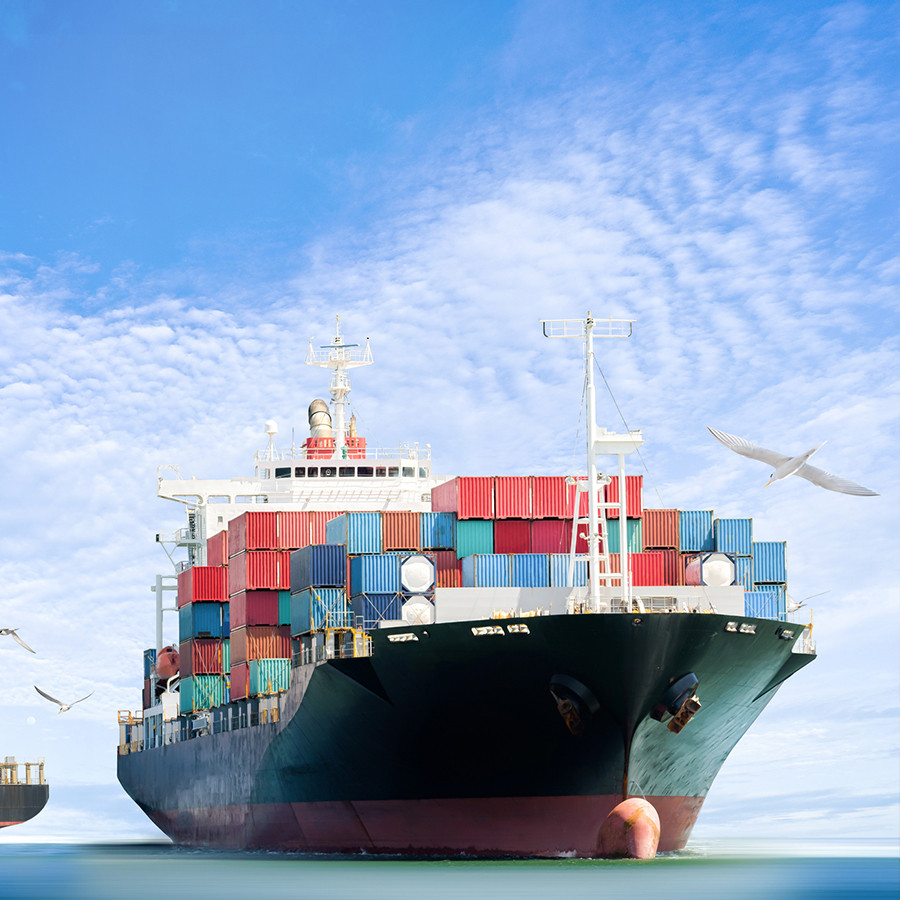النوع الإجتماعي و التجارة
نتائج البحث (405)
Improving economic outcomes for women
Gender equality and women’s empowerment are priorities for the Australian Government in its foreign policy and overseas aid program. One of the best ways to promote economic growth and to achieve stronger communities and societies is to empower women and girls. This publication highlights how Australia is supporting women’s economic empowerment in the Indo-Pacific region. It includes examples of positive results being achieved through: *improving women’s livelihoods *education and skills for economic participation *women’s entrepreneurship and involvement in private sector development *supporting women business leaders.
Integrating gender into trade capacity-building programs in the Middle East and Asia : guidance for program design and implementation
This document aims to help development professionals design trade capacity-building programs that respond to the clear-cut case for equalizing economic conditions for men and women. A growing body of evidence shows that improving opportunities for women to become wage-earners, entrepreneurs, traders, professionals, and leaders improves not only their individual livelihoods, but also the prosperity and well-being of societies. As the largest single-country provider of trade capacity-building assistance in the world, the United States has long supported efforts across the Middle East, North Africa, and Asia to access the global trading system and embrace trade as an engine of growth and development. At the same time, the United States is deeply committed to inclusive systems for economic growth that enable men and women alike to seize the opportunities inherent in an open, dynamic, and market-based economy.
Regional Strategy for Sweden’s Development Cooperation with the Middle East and North Africa (MENA)
This publication examines the Swedish development cooperation with the Middle East and North Africa which will contribute to strengthened democracy, increased respect for human rights and sustainable development that improve the prospects for peace, stability and freedom in the region. The target areas and initiatives the Government has chosen to focus on aim to counteract the fundamental causes of conflict and contribute to favourable developments in the region. The strategy will apply to the period 2016–2020.
Implementation Plan : Program ACCESS INNOVATION (PAI) : Increasing capacities for economic and social growth through innovation [VOLUNTARY COOPERATION PROGRAM (2015-2020)]
Oxfam-Québec’s Program ACCESS Innovation is aimed at meeting these challenges and supporting the endeavours of the Canadian government and DFATD. The program will help strengthen food security through improvements in agricultural productivity and the resilience of production systems to climate change, while also supporting improvements in the structure and profitability of value chains in rural-urban trade. Interventions will target promising sectors offering high nutritional value and will support transformation and marketing processes that contribute directly to rural development by generating income and jobs, particularly for women and youth. The initiative will also foster sustainable economic growth by boosting women’s and young people’s employability, assisting school-to-work transition, and supporting the development of small and medium-sized businesses.
SADC Guidelines on gender responsive budgeting
The ultimate objective of Gender Budgeting Guidelines is to enhance SADC Member States efforts in realising gender responsive budgeting. The Guidelines endorse the need for regional guidance to fortify on going gender responsive budgeting initiatives in many SADC Member States. These initiatives are rooted in the realisation that the quest to improve national economies is intimately linked to the concrete attainment of gender equality through the allocation of adequate budgetary resources. These Guidelines are meant to systematically direct Member States’ efforts to develop national frameworks suitable to their specific country contexts. Although most Gender Budgeting initiatives are still in early stages, they have scored important successes, ranging from actual expenditure re-allocations to opening up of traditionally secretive budget processes, thus allowing greater transparency and accountability.





